LATIN AMERICA 3-Pack
3 CDs
Includes:
The Open Veins of Venezuela
Historically, Venezuela has been an ATM machine for U.S. corporations. Located on the northern coast of South America with a population of 32 million, Venezuela is rich in natural resources: diamonds, bauxite, gold, iron ore, natural gas and oil, especially oil. The election of Hugo Chavez in 1998 heralded in what he called the Bolivarian Revolution. It was a challenge to U.S. hegemony. After his death in 2013 he was succeeded by Nicolas Maduro who stood for election in that same year and won. Maduro was reelected in 2018. The economy is in crisis. There is runaway inflation. Supermarket shelves are empty. Many people have left for neighboring countries. The economy is being crippled by sanctions imposed by the U.S., Canada, and other countries. Ordinary Venezuelans are suffering. Washington is leading the charge for regime change in Venezuela.
U.S. and Cuba: Back to the Past
The island of Cuba has preoccupied Washington officials for decades. Prior to the 1959 Fidel Castro-led Revolution, Cuba was a virtual U.S. colony. It was also a mafia playground. The Revolution changed all of that. Cuba allied itself with the Soviet Union. Goaded by an influential lobby in Florida, the U.S. engaged in assassinations, invasion, chemical and biological warfare, blockades and sanctions in attempts to bring about regime change in Havana. Despite its relative weakness compared to the global hegemon, Cuba resisted U.S. power. With the passing of Fidel and the retirement of his brother Raul, Cuba sought a new relationship with Washington. Important steps toward normalization of relations were taken under Obama. A new and more friendly chapter was evolving between the two countries. Those efforts have largely unraveled due to Trump administration policies.
U.S. Empire & Latin America
The list of U.S. invasions, occupations, coups and sanctions in Latin America is a mile long. It is after all, “our little region over here,” and our “backyard” according to policymakers in Washington. Starting with the Monroe Doctrine in 1823 the continent and its people have been a laboratory for U.S. intervention, a kind of piñata, a punching bag. As the U.S. became a world power techniques perfected in Latin America were then globalized. Today, once again Washington turns its hegemonic gaze south. The National Security Advisor John Bolton denounces the “troika of tyranny”— Cuba, Venezuela and Nicaragua and the leaders of those countries as “the three stooges of socialism.” Apparently with no sense of shame or of history Bolton declared, “We’re not afraid to use the phrase ‘Monroe Doctrine’ in this administration.”
Speakers
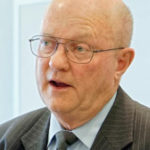
Lawrence Wilkerson
Lawrence Wilkerson teaches Government and Public Policy at William & Mary College. He was Secretary of State Colin Powell’s Chief of Staff and Associate Director of the State Department’s Policy Planning staff. Before working at the State Department, he served 31 years in the U.S. Army, retiring with the rank of colonel.

Peter Kornbluh
Peter Kornbluh is senior analyst at the National Security Archive in Washington, DC. He is the author of Bay of Pigs Declassified: The Secret CIA Report and The Pinochet File.
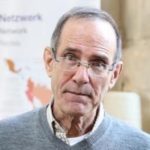
Steve Ellner
Steve Ellner has taught economic history and political science at the Universidad de Oriente in Puerto La Cruz, Venezuela for many years. His articles have appeared in The Los Angeles Times, In TheseTimes, The New York Times and other newspapers and journals. He is the author of Rethinking Venezuelan Politics: Class Conflict & the Chavez Phenomenon and Latin America’s Radical Left.

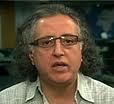
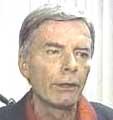

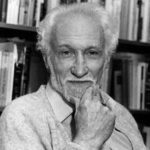

Reviews
There are no reviews yet.